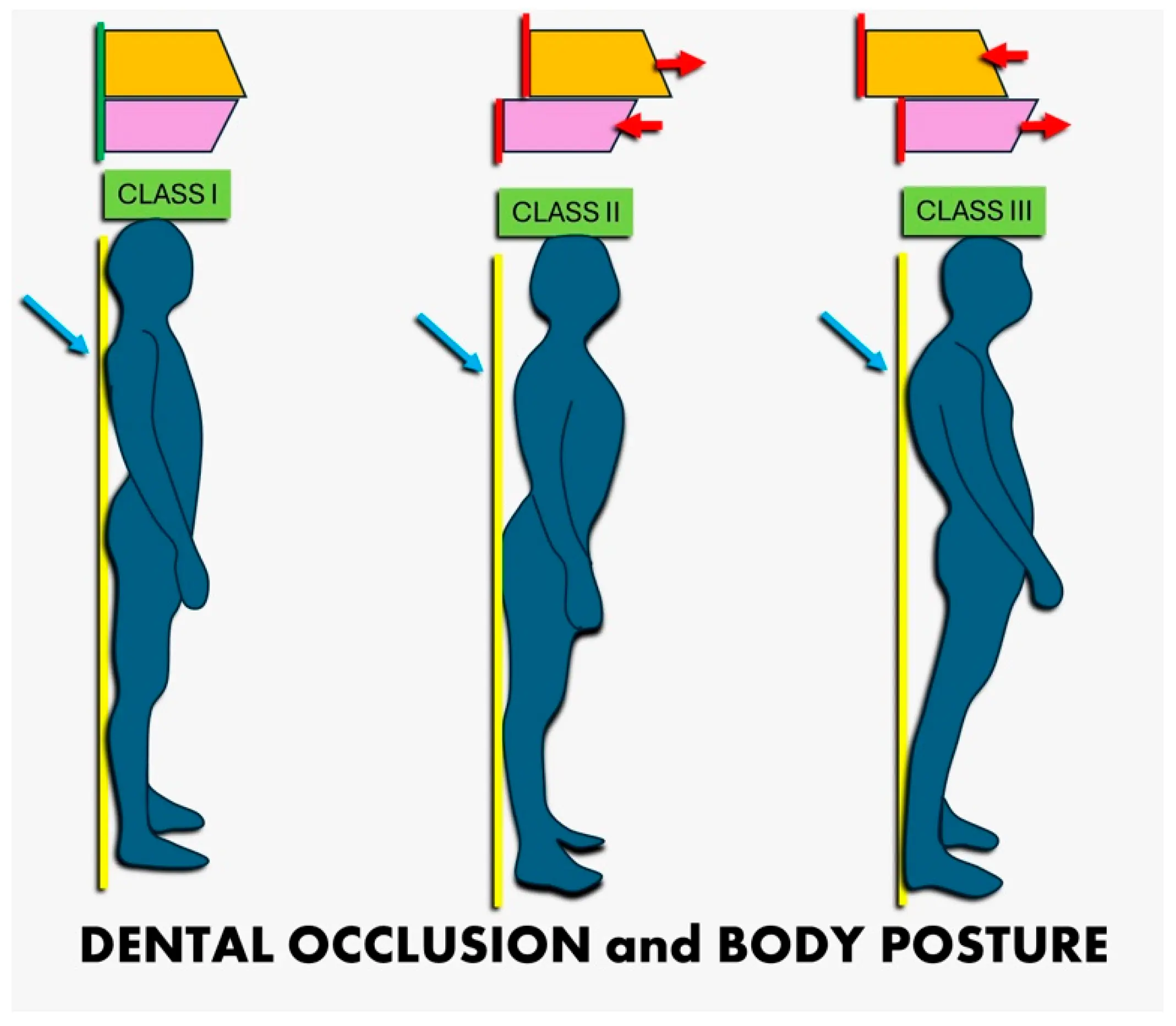Many people are amazed at how fortune tellers can reveal so much about their family despite not knowing them personally. The secret behind this ability is surprisingly straightforward and rooted in psychology, not magic.
Fortune telling remains popular despite widespread skepticism, with many believing that these practitioners hold mystical powers to uncover secrets. Yet, the reality is quite different. Although fortune tellers may appear to know intimate details about your family, their methods are often based on keen observation, psychological insight, and practiced communication skills.

Why Do Fortune Tellers Seem to Know So Much About Your Family?
A common proverb says, "If you’re unlucky, you go see a fortune teller." When people face uncertainty or difficulties, they often seek fortune tellers for guidance. Despite doubts about their credibility, the curiosity and hope for answers drive many to their doors.
Fortune tellers understand this psychological state well and use various techniques to meet their clients’ expectations. Their goal is typically to touch on crucial life aspects like finances, career, family relationships, marriage, and health.
Psychological Analysis: The Key Behind the Illusion
When meeting a client, fortune tellers analyze subtle cues such as clothing style, body language, facial expressions, tone of voice, and behavioral patterns. Over time, they hone this skill to better “read” people. Additionally, they use carefully crafted language designed to encourage clients to reveal personal details without realizing it.
By picking up on reactions and answers, fortune tellers create a broad but convincing picture of their clients’ lives, often touching on common family dynamics and challenges. This process builds trust and expectations, sometimes producing an eerie sense of accuracy or “miracle.”
The Art of Language and Suggestion
Fortune tellers are skilled linguists who use language cleverly to spark curiosity and belief. They rarely dominate conversations; instead, they listen attentively and ask pointed questions to extract key information. Their technique involves carefully timed pauses and ambiguous statements that can apply to many situations, making clients fill in the gaps themselves.
After gathering enough information, fortune tellers reframe it in a way that seems insightful or prophetic. This approach often leaves clients feeling understood and more willing to accept the fortune teller’s guidance.
The Power of Confirmation Bias and Psychological Tricks
One powerful psychological principle fortune tellers exploit is confirmation bias — the tendency of people to remember hits and forget misses. When predictions are vague, clients interpret them according to their experiences, reinforcing their belief in the fortune teller’s abilities.
Other common tricks include the Barnum effect (statements so general they apply to almost anyone) and cold reading (making high-probability guesses based on observation). Together, these techniques create a convincing illusion of supernatural insight.
Ethical Considerations and Real Impact
It is important to recognize that fortune telling offers emotional comfort rather than factual guidance. While some find solace in these sessions, others risk depending too much on unproven methods, potentially delaying practical solutions or professional help.
For those genuinely seeking clarity and progress, expert advice from counselors, psychologists, or trusted advisors provides evidence-based support that fortune telling cannot replace.
How to Protect Yourself from Being Misled
Understanding the science behind fortune telling can empower you to avoid being deceived. Awareness of the psychological tactics used helps in critically evaluating claims and making informed choices.
Remember, your life’s direction depends on your own effort, decisions, and mindset. No magical prediction can substitute for personal determination and resilience.
Brief Biography of Fortune Telling and Its Social Context
Fortune telling has been practiced worldwide for centuries, from tarot reading to palmistry and astrology. While many cultures incorporate fortune telling in rituals and traditions, modern practitioners often blend entertainment with psychological manipulation.
Despite criticism from scientific and medical communities, fortune telling persists due to human desires for certainty and control in an unpredictable world. The ability of skilled fortune tellers to read social cues and apply psychological principles underlies their apparent “mystical” knowledge.
This analysis highlights the blend of observation, psychology, and communication skills that fortune tellers use to “know” about your family without genuine supernatural powers. Being informed about these methods helps you navigate such interactions wisely.
References:
-
Wiseman, R. (2011). Paranormality: Why We See What Isn’t There. Macmillan.
-
Hergovich, A., Arendasy, M., & Schott, R. (2011). Psychology of psychic readings: The Barnum effect and cold reading. Journal of Applied Social Psychology.
-
National Center for Complementary and Integrative Health. (n.d.). Fortune telling and divination.


























